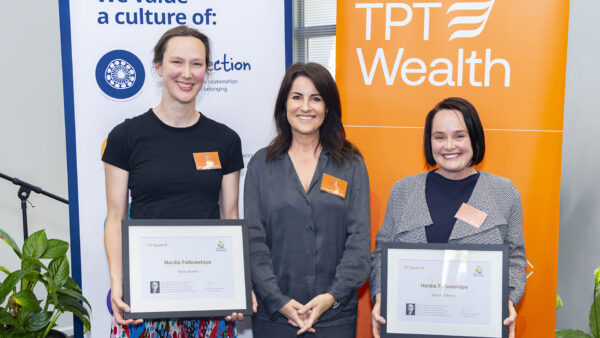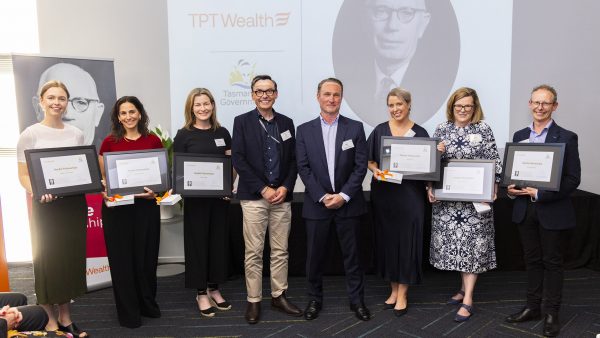Yours, mine and ours – tackling Estate Planning for blended families

When we get married, we’re often thinking about the positive side of our vows – the better, richer, and health part. Very few of us go into a marriage planning for the other end of the spectrum – the worse, the poorer, the sickness or the worst case scenario of all, until death do us part.
Let’s face it. Thinking about what will happen when we die is confronting, which is probably why around half of all Australians die without a will. But, if you have a family it really does pay to be pragmatic and plan ahead.
Dale Cunningham, Senior Estate Planner from TPT Wealth says; “at its most basic, a will is a legal document that determines how you want your assets distributed in the event that one or both of you die. Estate planning looks at all the components that make up your estate.”
While this can be a daunting process for individuals, it becomes even more challenging for families that have children from previous marriages – typically referred to as ‘blended families’, where there are multiple people and points of view to be considered.
“One of the first things to do is review any existing wills. If one or both parties have been married before, it’s important to double check all beneficiaries. All too often in blended families, we’ve seen assets inadvertently left to the wrong person,” says Dale.
You may also be wondering what might happen to your children and your assets should your partner get remarried after you die. Options are available to safeguard against estate distribution being altered, professional services providers such as a Trustee companies can offer guidance and advice on potential safeguard options.
Real estate forms a big part of most estates. In Australia, many couples own real estate as ‘joint tenants’. This means your share of the property immediately goes to the surviving tenant after you die – even if you have a Will. If your preference is to leave your share of the property to another party, you should seek professional advice on your options to ensure your assets are structured in a way that ensures your wishes can be carried out as you intend.
Some blended families set up a trust, which effectively pools all the capital from the estate and divides it equally among all benefactors of the trust. This can enable the surviving spouse to continue to live comfortably, but also ensures your children receive an inheritance.
At the end of the day, the most important thing to remember is two-way communication. Talk freely and openly about your wishes. Be honest about your concerns, and the unique challenges your situation presents.
While estate planning can seem daunting, getting professional advice is the first step to protecting your loved ones and ensuring they are cared for long after you are gone.
Information is current as at 25 November 2019. This is general advice only and does not take into account your personal objectives, financial situation or needs and you should consider whether it is appropriate for you.



